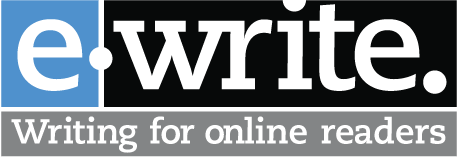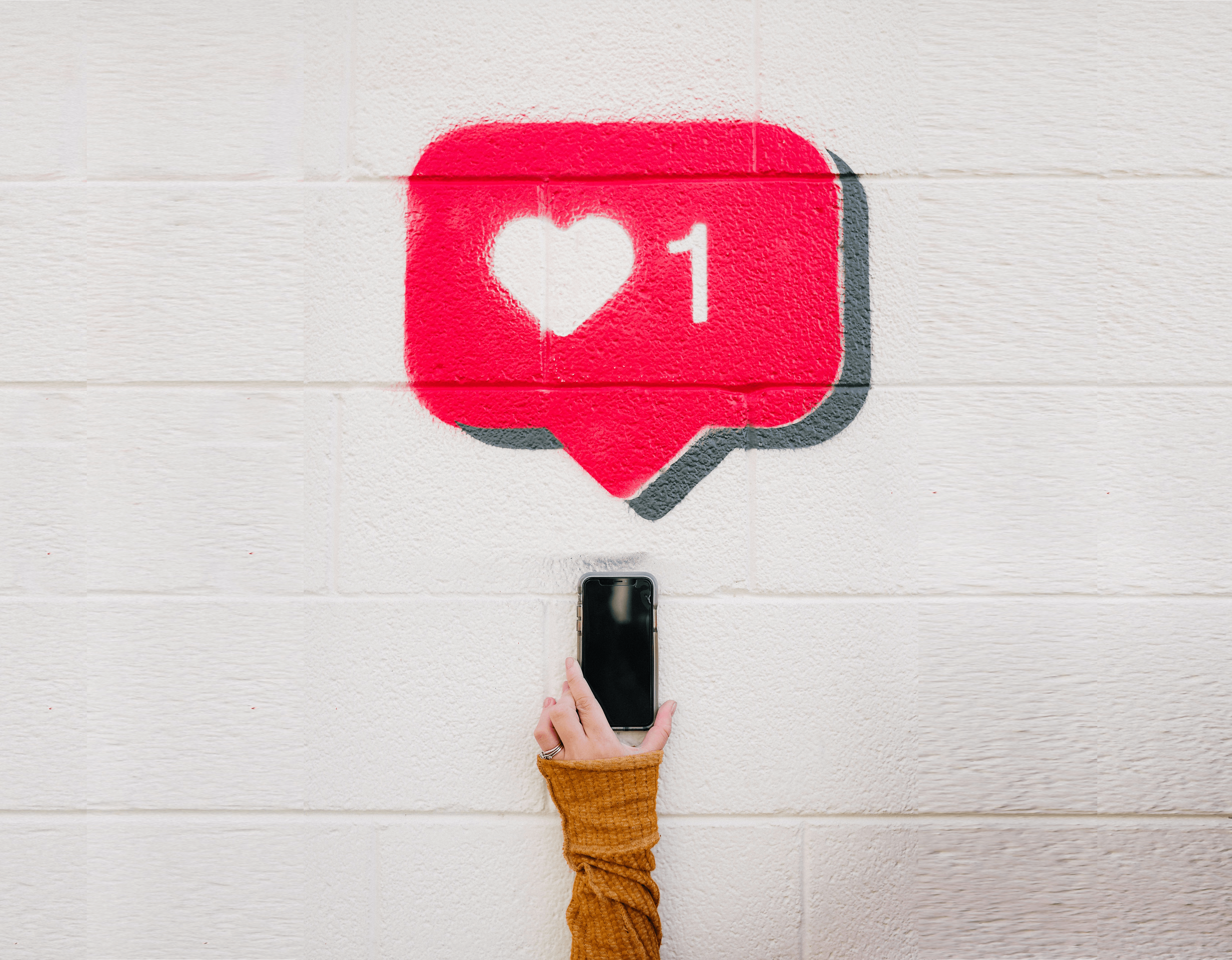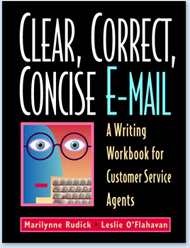 “Don’t judge a book by its cover.” Did your mother say this to you? Mine did, especially during my hypercritical middle school years when I’d decide I didn’t like a kid because their Trapper Keeper was a knockoff.
“Don’t judge a book by its cover.” Did your mother say this to you? Mine did, especially during my hypercritical middle school years when I’d decide I didn’t like a kid because their Trapper Keeper was a knockoff.
“Don’t judge your colleagues by their email habits” isn’t a common saying because it would be impossible to do. We do judge our colleagues by their email habits. And some people’s email habits make you dislike them even if you’ve never met them in person. This happened to me a couple of years ago when I was emailing a new client, “Marta,” about the contract for a training program.
Here’s my email:
Hi, Marta –
Thanks for mailing me the official hard copy of the contract; I received it last Friday. Do you want me to sign it now or just wait until we’ve chosen the dates for the training in Atlanta?
I’m looking forward to working with you –
Leslie
And here’s Marta’s reply:
Leslie:
Execute the contract and return the original. We can add an addendum with the individual courses in Atlanta if and when that becomes necessary.
Marta Watkins, Ph.D.
Well, I’ve got to admit that I judged that book by its cover and did not want to buy it at the bookstore or check it out at the library. I hadn’t yet met Marta in person, but I felt that her email showed her to be stuffy, curt, and all about her Ph.D. After reading her email, I didn’t like her much. Her email style had turned my sign-off sentence—I’m looking forward to working with you—into a lie.
Are your email bad habits turning people off?
These days, we begin most work relationships via email and we sustain them that way. All day long, we exchange emails with colleagues and clients whom we may rarely see in person or speak to on the phone. And with each email, our writing habits can deepen the relationship or put it on life support.
Here are five email bad habits that may put people off you, even if they haven’t met you. If you have these habits, it’s probably best that you stop, just stop.
1. Giving too much or too little information in your email signature. No Bible verses, inspirational quotes, or pictures of your “furbaby.” No “Have a Blessed Day” in Lucida Handwriting font. No clip art. No attachments in your signature; we don’t need the paper clip to show up on every email. All that stuff is too much.
Including too little in your signature can be a problem too. Don’t withhold your phone number. We know you have a phone, and we may want to call you sometime. Don’t let the prospect of a voicemail terrify you. Put your phone number in your signature.
2. Putting the entire message in the subject line. This practice may be OK if what you have to say is really short, like “There are donuts in the breakroom” or “Bob is out sick today.” But don’t make a habit of writing a super-long multi-sentence subject line. People hate this habit. It’s difficult to read a subject line that long, especially on a mobile device. And it shows an odd inability to distinguish what’s essentially a title for the email (the subject line) from the elaboration (the body).
3. Not caring enough about your tone. No, you are not too busy to be friendly. No one is that busy. No, your reader doesn’t prefer a 10-word email to a normal-length email that includes the word “thanks” somewhere in the body. No, using a greeting like “Hello” or “Good morning” isn’t considered “wasting time on fluff.”
I’ve got a new colleague, “Jim,” whom I’ve met once during a short Skype video call to discuss which of three article titles we preferred. He seemed nice enough, but it was hard to get to know him during that two-minute exchange. After our Skype, he followed up with this email:
Let’s go with #2. Work?
My reaction? “Hey, Jim, we’re scheduled to do about 10 more projects together. Can I get a ‘Hi, Leslie’ or a ‘Talk to you soon’?”
If you want people to consider you a friendly approachable person, you have to use some courtesies in your email. Don’t assume what my cousin refers to as a “keyboard persona,” which means you write email in a tone that’s nowhere near as nice as the tone you use when you talk to people on the phone or in person. (Tone is also important in text message conversations as well.)
4. Burying the lead. If you don’t get to the point at the beginning of your email, your readers have to work a lot harder to figure out what you want them to do or know. Making people work hard will not make you popular. Don’t start with background info; have the courage to start with your main point, your ask, your proposal. Put the read-if-you-want-to stuff at the end.
5. Getting gossipy with your CCs and BCCs. It’s not always clear who you should CC on an email. But getting your distribution list right is imperative. If you’re excessive when you include people, you’re going to make them confused or aggravated. When you CC too many people, they wonder, “Why am I getting this?” or “Does she want me to do anything?” or “Is he trying to rat me out to the Project Manager here?” And if you’re stingy when you CC people, you’ll leave important recipients out of the loop. You may get a reputation around the office as a sneaky emailer, and that’s not good.
Your company or leader can make the whole question of CCs and BCCs easier by creating guidance on how to use them. Some easy-to-follow guidelines are:
- Don’t use BCC. If you want to share an email and you don’t want the recipient to know you are sharing it, just forward the email to the other recipient after you send it to the first one. Overall, BCC is too risky and too tattletale-ish.
- Use CC only when the recipient doesn’t have to do anything. This advice is easy to follow. If the people you’re emailing have to do something in response, their names go in the “To” field. If you just want people to know about the topic of the email, you can CC them.
Remember Marta? The chilly emailer with the Ph.D.? I did eventually meet her in person during those training sessions in Atlanta. Funny, smart, and great at brainstorming, she was way friendlier IRL than she was in her emails. But that sounds like a backhanded compliment, doesn’t it? No one wants to be “surprisingly nicer” than their emails, do they?
This post was originally published by Relate by Zendesk.
Tags: Business Writing, E-mail, Workplace Writing






This article is in serious need of editing, which is pretty embarrassing considering the venue.
For example, there are several whole sentences that you relocated without also removing them from their original location.
J – even though I’m really embarrassed about the duplicate sentences, I’m also really grateful you pointed them out. I’ve corrected them now. They were pull quotes in the original piece, which shouldn’t have been duplicated in this post. You’re right. These errors are pretty embarrassing. I should have caught them before. Oh my.
It can be argued that putting a short statement or question in the subject line saves the recipient some time in processing your message. you may think it’s just a nanosecond, but nanoseconds add up.
Some people think it’s alright to leave the subject line blank, but doing that can reduce the recipient’s productivity. One culprit told me,”Oh, I assume that you will read any email that you see is from me.” How self-centered and annoying is that? The recipient has to open the email just to see what it is about, spending precious nanoseconds that could have been saved by a meaningful title in the subject line.
Consider that some recipients prioritize their email by topic. If you don’t give me a topic, you can assume that your message is likely to go unread. I get emails from people who are more important than you are in the grand scheme of getting my work done. Spare me from purely frothy or non-work related emails, e.g., about weekend plans or office gossip.
Thanks for your comment, Elizabeth. I agree that the person who assumed you’d read any email from him or her was self-centered, indeed! Here’s to a future inbox full of emails with meaningful subject lines, so we can all just get our jobs done without wasting time.